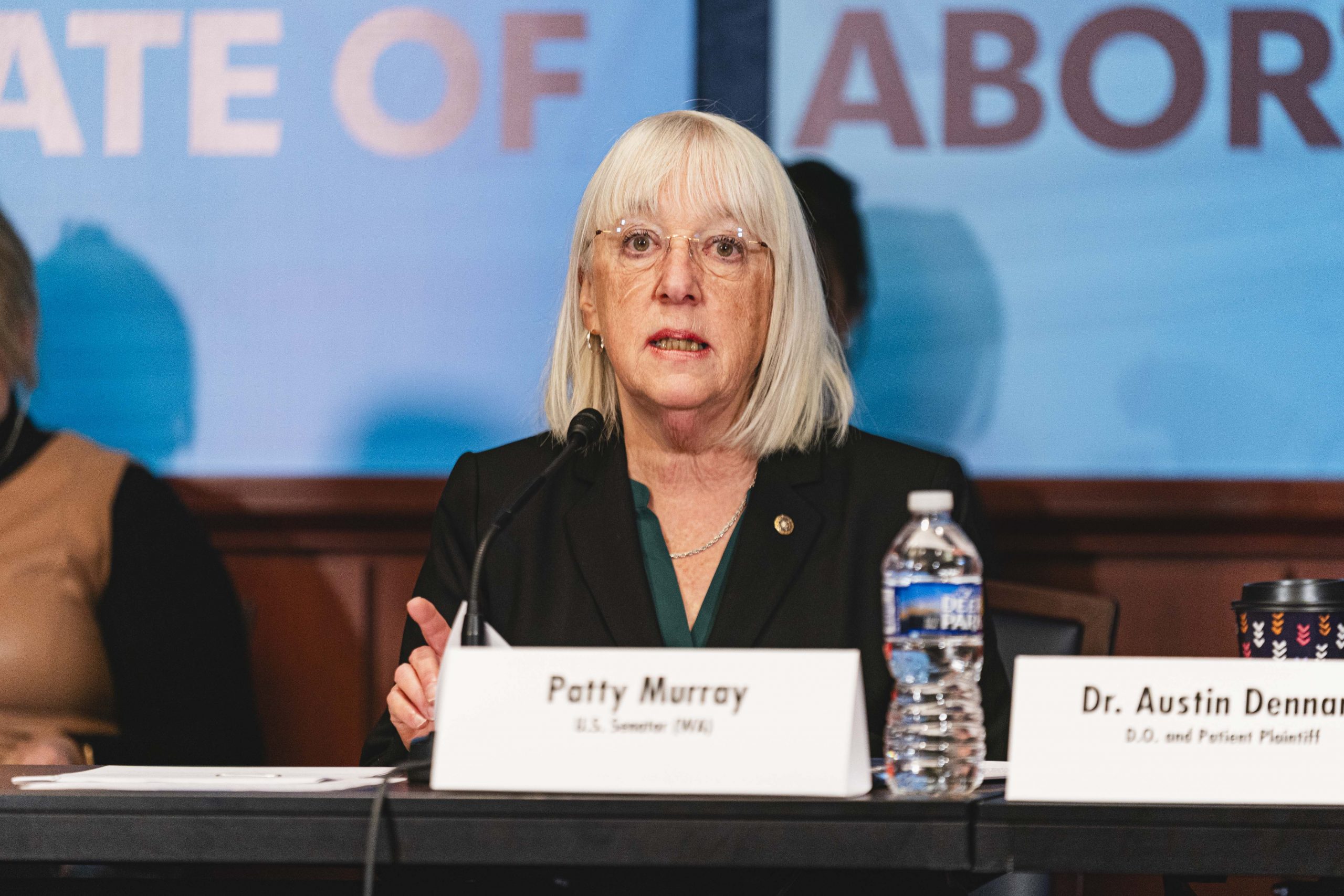Health Watchdogs Warn: Trump Purges Expose Critical Safety Gaps

Murray Sounds Alarm: Trump and Musk's Mass Layoffs Threaten Public Health and Economic Stability
In a powerful critique that highlights the potential devastating consequences of recent corporate actions, Senator Patty Murray (D-WA) has raised serious concerns about the widespread layoffs at key government and tech organizations that could significantly impact Americans' health and economic well-being.
As a prominent voice on the Senate Appropriations and Health, Education, Labor and Pensions (HELP) Committees, Murray is shedding light on how mass terminations at the Department of Health and Human Services (HHS) and tech companies could create widespread disruption.
Washington State: Ground Zero for Potential Economic Fallout
The senator's fact sheet underscores the specific risks facing Washington state residents, warning that these reckless layoffs could compromise critical healthcare infrastructure and job market stability.
Murray's passionate advocacy aims to draw national attention to the potential long-term consequences of these abrupt workforce reductions, emphasizing the need for responsible leadership that prioritizes worker protection and public health.
Stay tuned as this critical issue continues to develop, with Senator Murray at the forefront of protecting American workers and healthcare systems.
